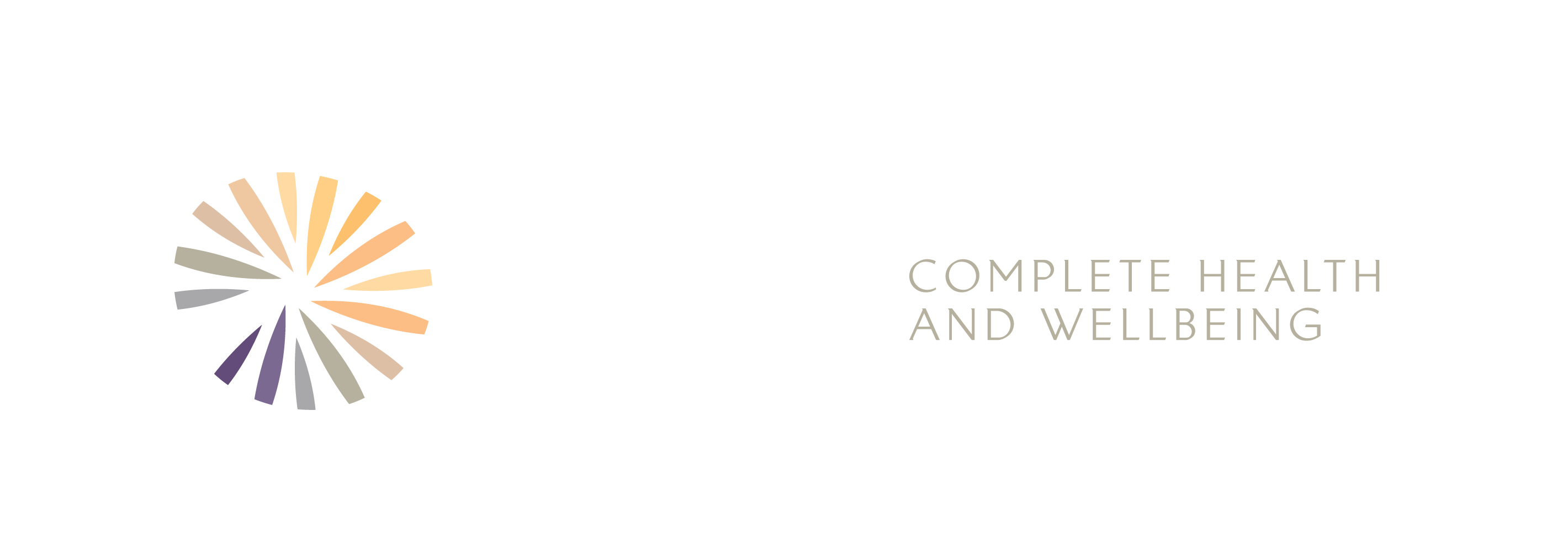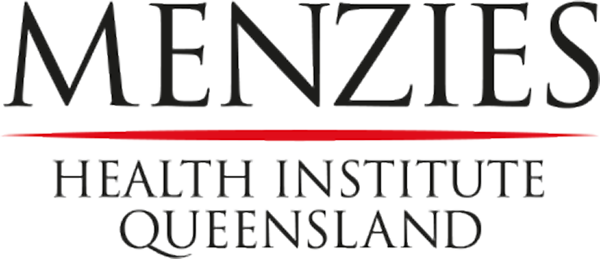Dairy foods are full of a variety of essential vitamins and minerals, including, protein to maintain muscle tissue and importantly calcium to to help keep your bones strong. Calcium is also important for blood clotting, wound healing, maintaining normal blood pressure, and muscle contractions which includes your heartbeat.
It is important to try to pair calcium-rich foods with a source of vitamin D, as vitamin D helps the small intestine to absorb calcium. If you haven’t gone through menopause you need 100mg of calcium a day. If you have reached menopause you need a little extra and will require 1300mg of calcium a day. There are 306 milligrams of calcium in one cup of skim milk which goes a long way to reach that target figure.
Milk also contains the ingredient Tryptophan which is an essential amino acid that supports the brain transmitters; serotonin and melatonin. These are hormones that play a role in regulating various functions such as sleep, appetite and mood. Increasing tryptophan levels may help reduce depressive symptoms and improve the sleep cycle.
Milk is also one of the best sources of choline; an important nutrient found that also helps with sleep, muscle movement, learning and memory. Choline helps to maintain the structure of cellular membranes, aids in the transmission of nerve impulses, assists in the absorption of fat and reduces chronic inflammation.
The potassium content of milk is helpful in reducing stroke risk, heart disease and high blood pressure, it also helps protect against muscle mass loss and supports bone mineral density. The recommended daily intake of potassium for all adults is 4700 mg per day.
Milk also provides magnesium, phosphorus, vitamins A, riboflavin, vitamin B-6 and vitamin B-12 essential vitamins for blood and organ health. However milk does come with a caution, some people have allergies or intolerances that make it impossible to drink milk and so will need to find alternatives to get the same minerals and vitamins essential for good health.
Source: http://www.medicalnewstoday.com/articles/273451.php
Calcium and Cancer Prevention: Strengths and Limits of the Evidence, National Cancer Institute,, Accessed Oct 2014.






